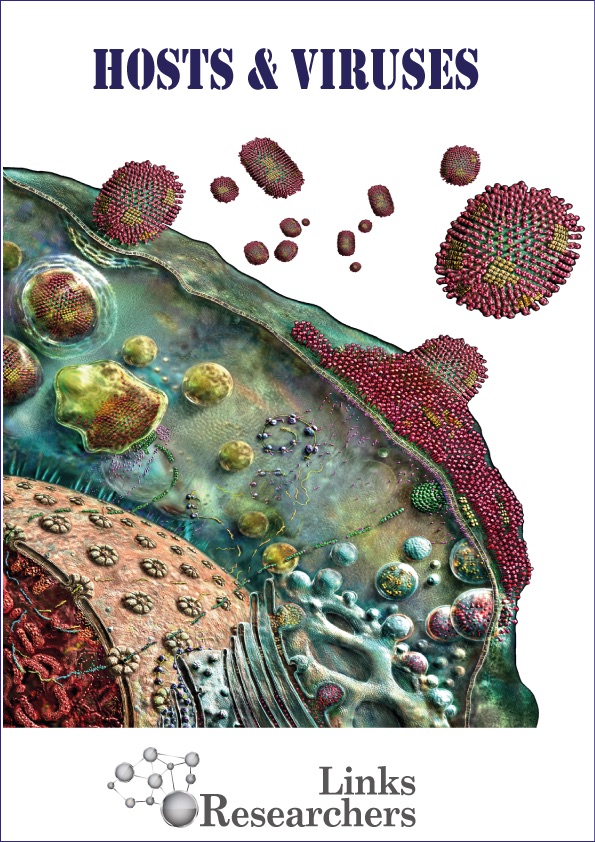Herpesvirus of Turkeys as a Vaccine Vector in Viral Diseases: Pros and Cons
Herpesvirus of Turkeys as a Vaccine Vector in Viral Diseases: Pros and Cons
Mustafa Ozan Atasoy
ABSTRACT
Viral diseases of poultry have a devastating impact on the livestock industry leading to substantial economic loss in the worldwide economy. Recent advances in biotechnology have permitted the manipulation of viral genomes, thereby gaining a better understanding of the molecular insights of viral diseases. These have spurred the development of safer and efficient vector vaccines, which convey immunogenic genes of interest obtained from vitally important diseases. Herpesvirus of turkeys (HVT) has long been considered a versatile tool owing to its non-pathogenic characteristic, relatively higher transgenic capacity, and enabling the DIVA strategy. Numerous bivalent and multivalent HVT constructs have been generated by various methods and some of these constructs have been made commercially available so far. The efficacy of HVT-vectored vaccines has been assessed either individually or in combination with other vaccine formulations; hence, the optimal competence of these vaccines against viral diseases has been reported. Based on the current knowledge, this article outlines the benefits and drawbacks of HVT-vectored vaccines in combating health-threatening poultry infections and briefly pinpoints the future perspectives for improving the success of poultry vaccines.
To share on other social networks, click on any share button. What are these?






